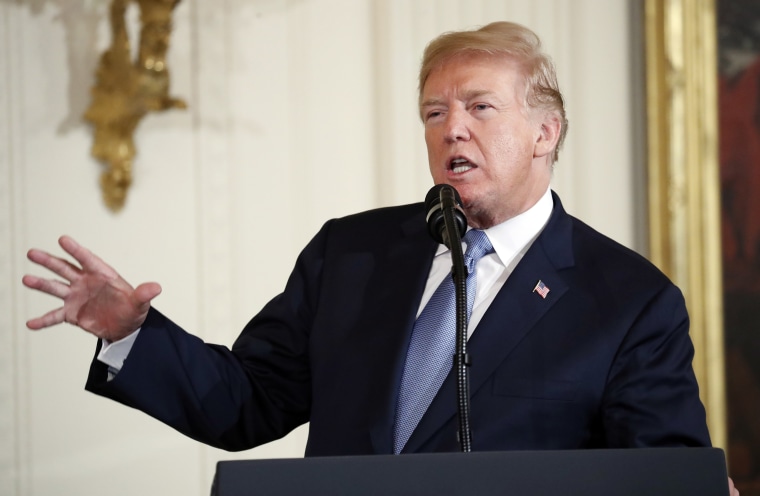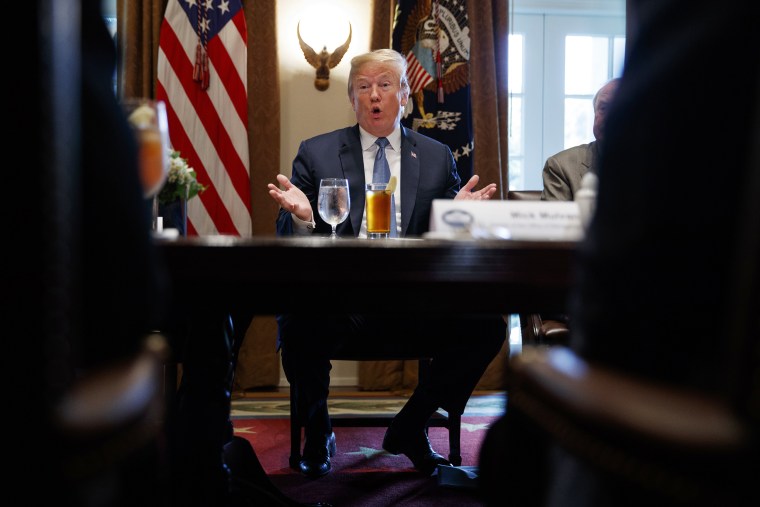The Supreme Court has often been the last resort for Americans who want this nation to stand up for its ideals of equality, whether embodied by the phrase "all men are created equal," or "more perfect union," against laws passed by Congress or rules instituted by the president which put the lie to those stated principles. Legalized racism would, on the surface, seem to violate the statement of our values (at least after the three-fifths compromise was rescinded by the 13th, 14th and 15th Amendments).
It is, however, easy to count the times that the highest court in the land found that racism was not only defensible but constitutional. It ruled, for instance, that black people couldn’t be citizens (in Dred Scott v. Sanford), that “separate but equal” accommodations for African Americans was legal (in Plessy v. Ferguson), and (astonishingly) that tossing 140,000 Japanese-Americans into internment camps during World War II was a legitimate exercise of constitutional authority (in Korematsu v. United States).
And so, although many Americans tend to view the Supreme Court as legally infallible, our highest court actually has a racist legacy which continues to affect millions of minorities in the United States today. In light of their 5-4 decision on Tuesday upholding the Muslim travel ban (in Hawaii v. United States), it is clear to see that the court's less savory legacy continues unimpeded.
It is, however, easy to count the times that the highest court in the land found that racism was not only defensible but constitutional.
In the decision, the Supreme Court’s conservative wing — with Anthony Kennedy’s swing vote —granted that the president’s statutory authority over national immigration policy and national security policy need not be hampered by his clear history of anti-Muslim bias and Islamophobia attached to the policy.
Chief Justice John Roberts wrote for the majority that presidential proclamation which eventually became the Muslim travel ban was “squarely within the scope of presidential authority” and was not undermined by “this President’s words” against Islam and Muslims when discussing the travel ban.
They ruled that the law was not evidence of unconstitutional racial bias despite the fact that Donald Trump once famously told CNN’s Anderson Cooper that “Islam hates us” during a televised interview, or that some of Trump’s closest White House advisers in the past have publicly stated that “Islam is not a religion of peace” (Steve Bannon) & that violence is a fundamental part of Islam (Sebastian Gorka) or that Islam is “like a cancer” (former national security adviser Michael Flynn). They ruled that the ban was fine despite the fact that the now-president once told a campaign crowd: “Donald J. Trump is calling for a total and complete shutdown of Muslims entering the United States until our country's representatives can figure out what the hell is going on!” They ruled that there was nothing unconstitutional about a travel ban that the president himself repeatedly referred to as a "Muslim ban," though freedom of religion is enshrined in our constitution, and which targeted people from majority Muslim countries.

They ruled in favor of the president's ban because the executive order didn't mention religion explicitly, though voters on both sides of the aisle saw the "travel" ban for what it was: A Muslim ban.
In a scathing dissent bravely calling out the racism and Islamophobia of the Muslim travel ban, Justice Sonia Sotomayor wrote for the liberal minority that: "A reasonable observer would conclude that the Proclamation was driven primarily by anti-Muslim animus, rather than by the Government's asserted national-security justifications." Justice Sotomayor further stated that the Muslim travel ban decision was no better than Korematsu v. United States (which the majority decision repudiated in a response to her dissent), adding that the “court blindly accepts the government’s invitation to sanction an openly discriminatory policy and is essentially replacing one gravely wrong decision with another.”
Outside critics of the president’s travel ban also condemned the court’s ruling. Harvard Law professor Noah Feldman called the Muslim travel ban ruling a historic mistake and a “decision that will live in infamy.” Senator Robert Menendez, D-N.J., wrote that “today is a sad day for American institutions, and for all religious minorities who have ever sought refuge in a land promising freedom” and the Baptist Joint Committee for Religious Liberty said in a statement that “we are deeply disappointed by the Supreme Court’s refusal to repudiate policy rooted in animus against Muslims.”
It is American Muslims' turn to challenge and yet survive another monumentally racist mistake by the U.S. Supreme Court.
Looking to the future, Senator Mark Warner, D-Va., wrote bluntly that, “Congress should take action to reverse the Trump travel ban.”
Prominent African-American members of Congress also weighed in to draw parallels between the Muslim ban ruling and other racist Supreme Court decisions of the past. Congressman Keith Ellison — one of only two Muslim members of Congress — responded by stating that the Muslim ban ruling “is reminiscent of Taney Court’s Dred Scott decision…The dustbin of history awaits this one too.” California congresswoman Barbara Lee tweeted: “History does not reflect kindly on Supreme Courts that endorse bigotry. Korematsu and Dred Scott are some of the worst rulings in US history — I have no doubt that the decision in Trump v. Hawaii will also be a source of great shame for America.#NoMuslimBanEver”
Just like African-Americans and Japanese-Americans have lived in the racist shadows of Supreme Court rulings disparately impacting their communities for centuries, now it is American Muslims' turn to challenge and yet survive another monumentally racist mistake by the U.S. Supreme Court.
Arsalan Iftikhar is an international human rights lawyer, founder of The MuslimGuy.com and senior fellow for The Bridge Initiative at Georgetown University.

